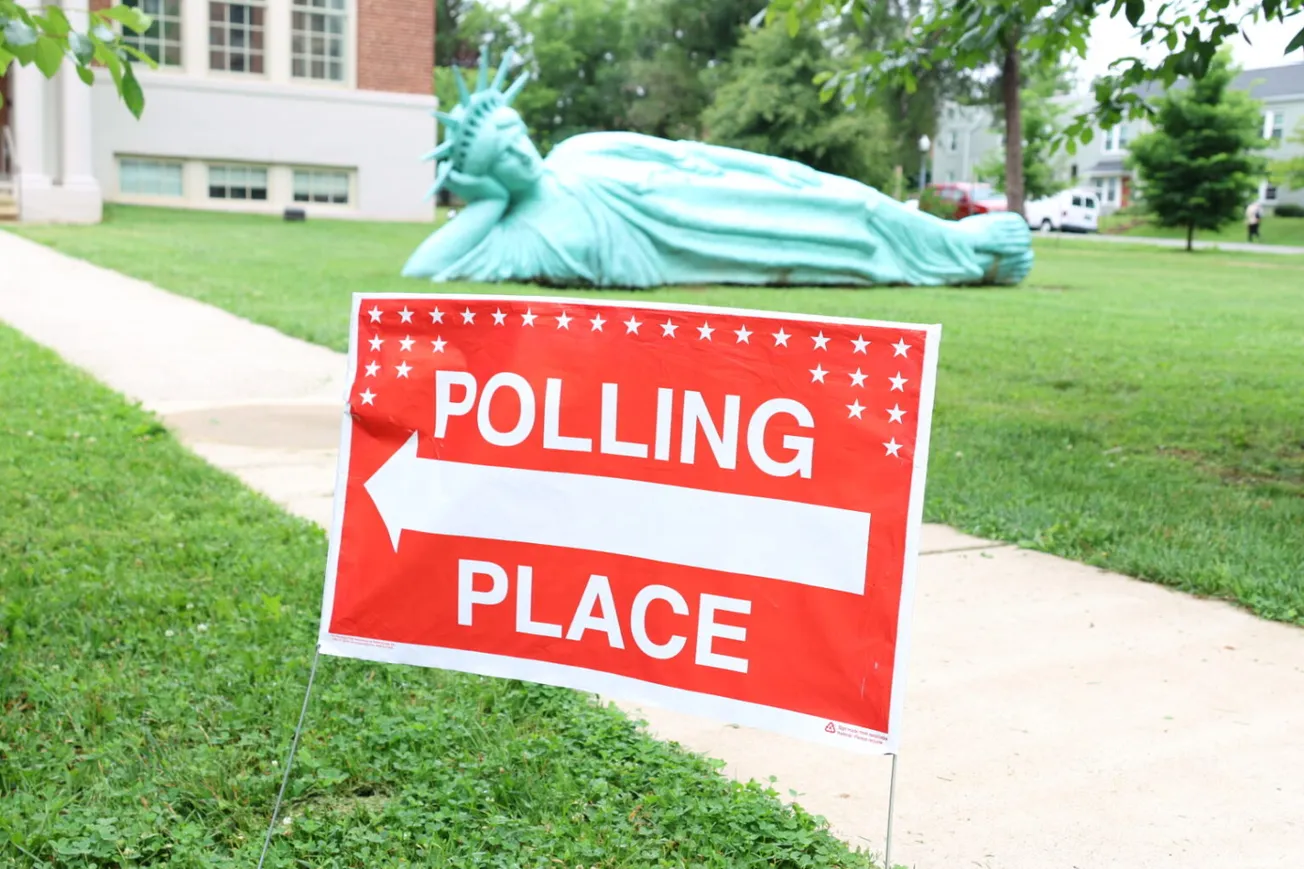Va. registrars share how they keep rolls accurate, reflect on their role in the democratic process
The Virginia Mercury and civic education nonprofit Keep Our Republic present the experiences of election workers from around the state

The Virginia Mercury and civic education nonprofit Keep Our Republic present the experiences of election workers from around the state
